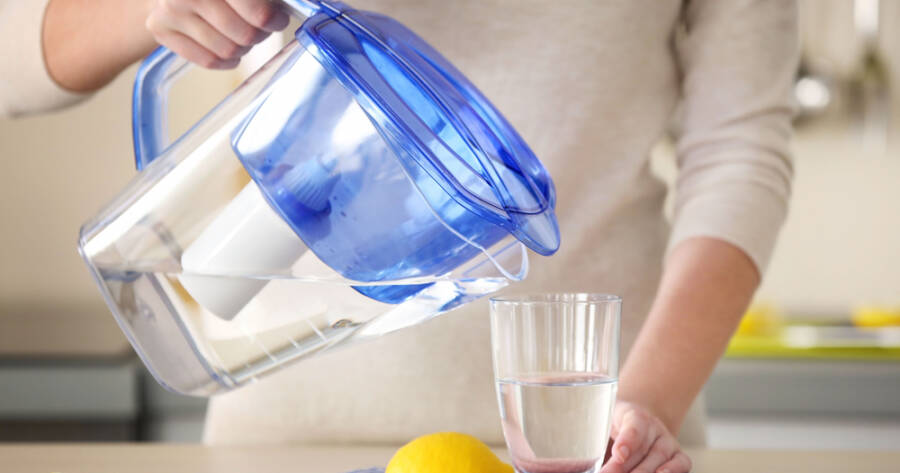Did you know that your tap water may contain contaminants that affect your health and well-being? Recent studies suggest that chlorination byproducts in U.S. drinking water could pose potential health risks, making effective filtration more important than ever. Whether you’re looking to remove harmful chemicals, improve taste, or simply ensure the purest hydration for your family, choosing the right water filtration system is key.
Why Water Filtration Is More Essential Than Ever
Recent studies reveal that while chlorine is vital for disinfecting public drinking water, it may also produce harmful byproducts such as trihalomethanes (THMs), which have been linked to increased risks of bladder and colorectal cancer. These byproducts are formed when chlorine reacts with organic matter in the water, something nearly impossible to avoid in surface water systems.
While municipal water is still generally safe, health experts now emphasize the value of home filtration. Water filtration systems, especially those using granulated activated carbon, can reduce THM levels and other contaminants like lead, pesticides, and industrial chemicals. Filtering your tap water isn’t just about better taste, it’s a proactive step toward safeguarding long-term health and peace of mind.
Types of Home Water Filtration Systems
There’s no one-size-fits-all solution when it comes to water filtration. The right system depends on your water source, household size, and budget. A filtered pitcher is the simplest and most affordable option. These pitchers use activated carbon to reduce chlorine, taste, and odor, perfect for renters or occasional use.
Faucet-mounted filters and under-sink systems offer more consistent filtration, directly filtering water before it comes out of your tap. They can remove a broader range of contaminants, including THMs. For complete protection, a whole-house filtration system is the most robust solution. It treats all water entering the home, protecting not only your drinking supply but also your shower and laundry water from potential contaminants.
Key Benefits of Using a Water Filtration System
Water filtration offers both immediate and long-term benefits. First, it greatly improves the taste and smell of tap water by removing chlorine and sediment. This makes drinking water more enjoyable and can encourage healthier hydration habits throughout your household.
More importantly, filtration provides protection from potential health risks. By reducing exposure to THMs, lead, and other pollutants, you lower your family’s risk of chronic health issues. Filtered water is also better for cooking, baby formula preparation, and even pets. Plus, using home filtration reduces your reliance on single-use plastic bottles, good for your health and the environment.
How to Choose the Right System for Your Home
Start by identifying what’s in your water. Many municipalities publish annual water quality reports, or you can use a home testing kit. If THMs, lead, or sediment are present, look for a system that targets those specific contaminants. Granulated activated carbon filters are particularly effective at removing chlorine byproducts like THMs.
Also, consider your water usage habits. If your family consumes large amounts of water daily, a faucet filter or under-sink system might be more efficient than a pitcher. For full-house protection, especially if you bathe young children or have skin sensitivities, a whole-house system is ideal. Don’t forget to check for NSF/ANSI certifications, which ensure your filter meets performance standards for contaminant removal.
Pure Water, Healthier Life
Contaminants in tap water may not be visible, but their impact on your health can be significant. Investing in a water filtration system is one of the simplest, most effective ways to take control of what you consume every day. With the right filter, you’re not just removing harmful chemicals, you’re adding peace of mind and contributing to a cleaner, safer lifestyle for yourself and your loved ones.




